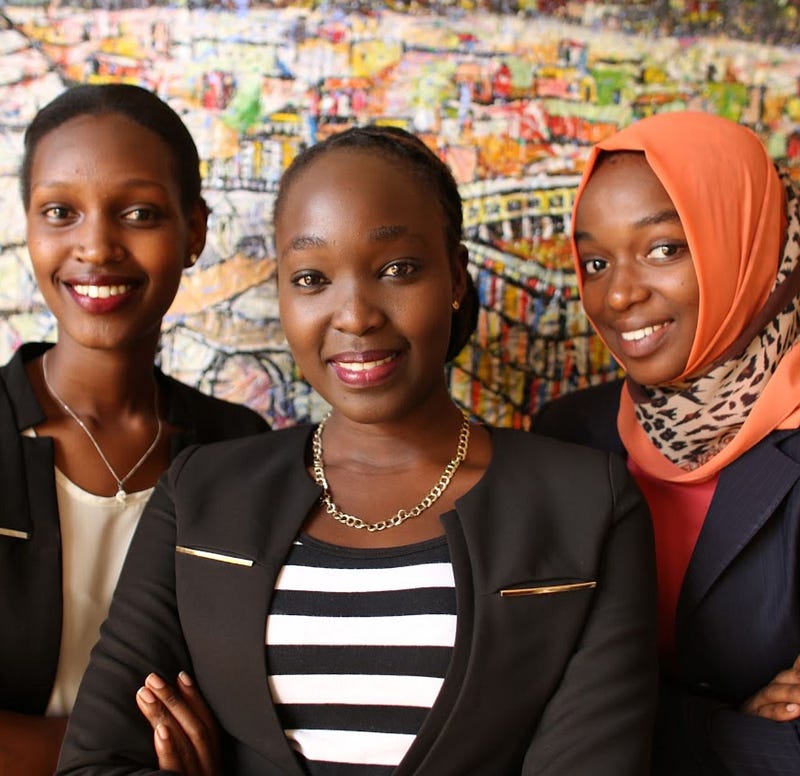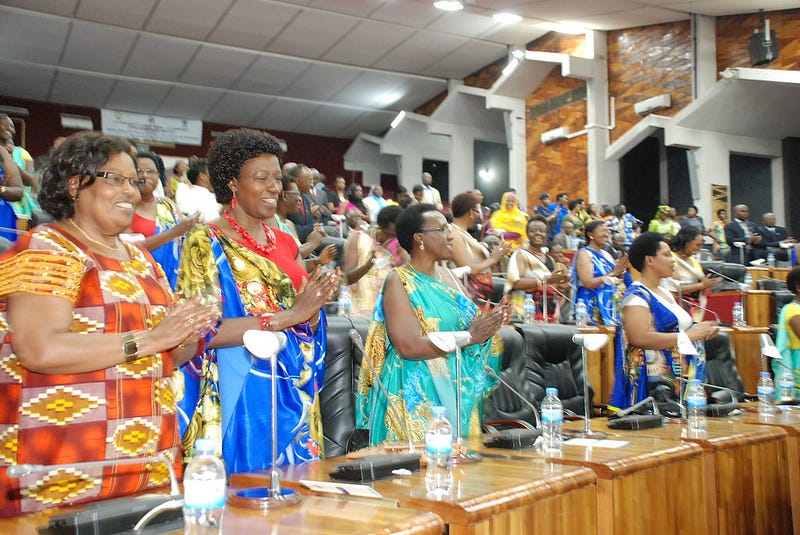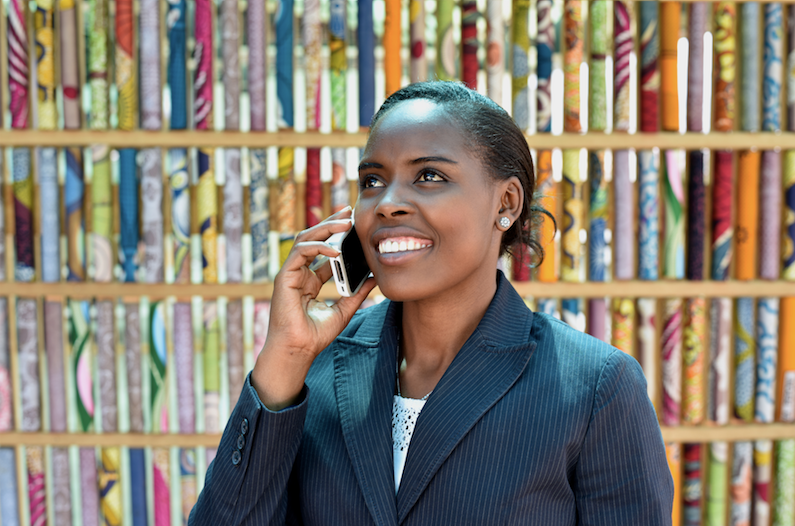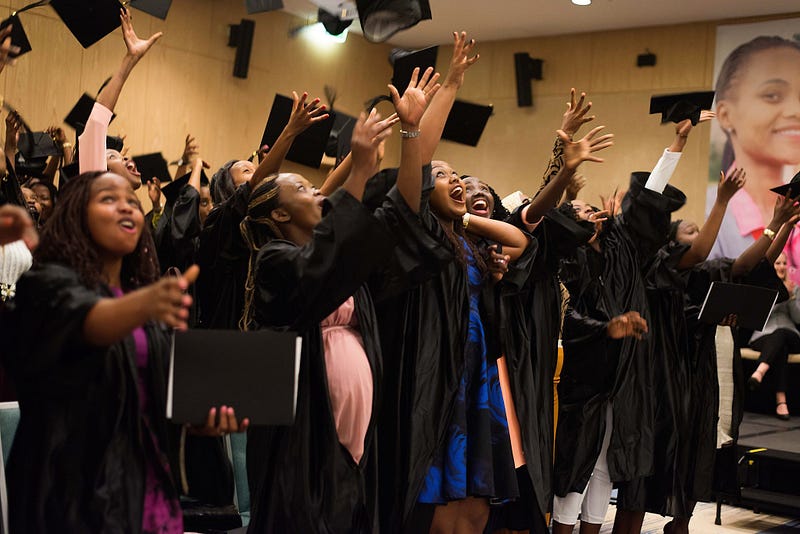5 Ways Rwanda Leads on Women Empowerment
Rwanda, the land of a thousand hills. Also, according to the World Economic Forum’s Global Gender Gap Report, the best place in Africa in which to be a woman.
Of course, there is still ground to cover, but Rwanda has made significant strides in its journey towards women’s empowerment and gender equality.

Here are 5 of the ways in which this small country of 12 million people is setting the pace for Africa, and even the world, in terms of women’s empowerment.
1. Women make up 61% of Rwanda’s Parliament
That is the highest rate of female lawmakers anywhere in the world. By way of comparison, only 21% of the newly elected members of the United States Congress are women and only 35% of the Members of Parliament in the United Kingdom are women.

50% of Rwanda’s cabinet is made up by women, another figure that is amongst the highest in the world.
2. Progressive legislation
As a result of the high proportion of female lawmakers, and of President Kagame’s strong stance on women empowerment, Rwanda has a slew of legislation and regulation aimed at furthering women’s rights.
For instance, Rwanda’s Constitution guarantees gender equality, it also mandates that at all times women make up at least 30% of the country’s parliament and senior leadership positions in decision-making bodies of any kind. Stringent legislation has been passed aimed at eradicating gender-based violence and land reform aimed at ensuring that women have the same rights to own land as men.
3. 86% of Women Participate in the Labor Force
This is one of the highest rates in the world. According to the World Bank, it is almost double the world’s average rate of 49%. It is also higher than anywhere in Africa, where cultural gender norms sometimes preclude women from being able to look for and find paid employment.

4. Fostering female-led businesses
Rwanda is in the midst of a strong upswing in women-owned and women-led businesses and cooperatives, achieving a growing impact in their fields. Enterprises and such as Question Coffee, Women’s Bakery, the Nyamirambo Women’s Centre and the Akilah Institute for Women are all helping create a generation of female entrepreneurs.
5. Access to Education
According to the World Economic Forum, 95% of girls in Rwanda attend school, compared to 92% of boys. This is one of the few ratios anywhere in the world that skew towards girls.
Despite this, only 7% of girls and 9% of boys attend college. One of the entities working to change this is the Akilah Institute, Rwanda’s award-winning women-only institution of higher learning. More than 500 young women have graduated from Akilah since it was launched in 2010, and 1,000 women are currently enrolled at its campus in Kigali, Rwanda.
To support the Akilah Institute, please visit: www.akilahinstitute.org

